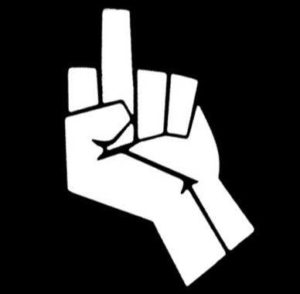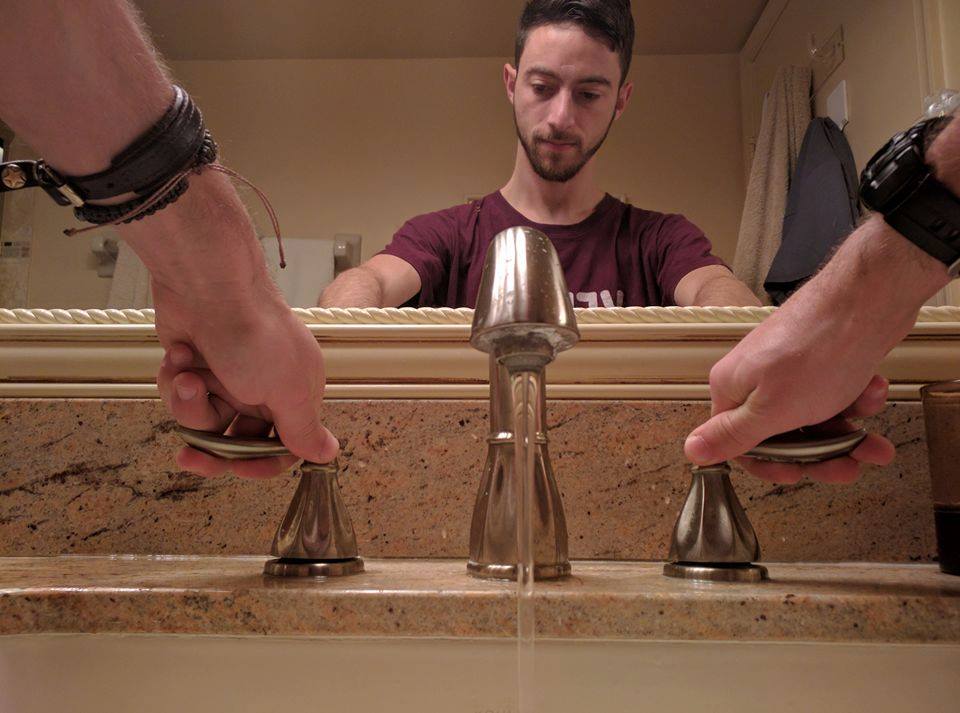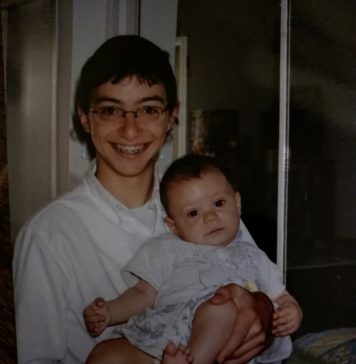Chanukah, oh Hanukkah, oh Hanukah.
There are as many ways to spell it as there are ways to celebrate it.
Let’s call a spade a spade, this is basically Jewish Christmas.
It’s the Jewish festival of light, corresponding to the festivals of light practiced by other cultures around the winter solstice, Diwali for example.
Hanukkah lasts for 8 days (which Christmas used to as well), and each night another candle is lit in the Hanukkah menorah, an eight pronged candelabra with a bonus ninth pronge in the middle, just to confuse you.
A major theme of Hanukkah is things fried in oil, such as potato pancakes called Latkes and donuts called Sufganiyot, in modern Hebrew. Kids are also encouraged to gamble on candy using a toy top called a Dreidel. Don’t ask why.
The History of Chanukkah (Hanukka)
In its current form, Hanukkah is one of the more fun and innocuous holidays, which is why it’s often practiced even by secular Jews.
Rabbinic Judaism, of course, ties it back to a more nefarious origin story. Basically, the Greeks had conquered Israel as part of the empire building scheme, and in the process had taken over the Jewish temple in Jerusalem and tried to force the Jews to worship their own Gods instead.
Many local Jews were down to get down with the Greeks, embracing the Hellenistic practices and philosophies of the time. However, a hot-headed family of priests called Hasmoneans, (also referred to as Maccabees because that was the name of one the guys involved) decided to rebel against the Greeks and managed to drive them out of the kingdom for a short period of time, establishing their own monarchy that soon collapsed under infighting and corruption.
(As part of that process, they discovered a little pot of oil that had not been defiled by those unholy and impure Greeks, and this pot lasted 7 times longer than they expected it to, so… they celebrate for eight days.)
You can think of the Hanuukah story this way: a colonial superpower moves in and tries to introduce their own modern advancements and improvements, albeit against the will of the locals. The locals fight back for their own right to self-determination, win it, and then immediately spiral into an oppressive regime that forces religion upon its people and sends them back to the stone age.
It’s a tale as old as time.









